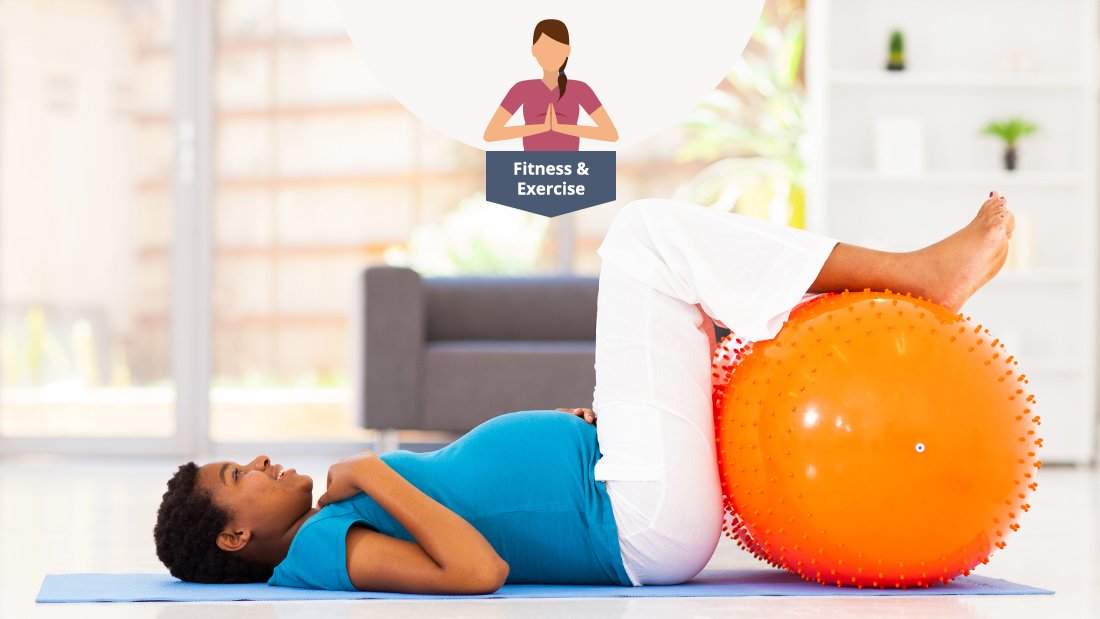
Pregnancy stretching for the back helps a pregnant lady learn how to keep her core strong and avoid any sciatic nerve problems. There are also stretches that will help her hamstrings or piriformis. The following article will show you how to stretch during your pregnancy to keep your back in shape and help you avoid back pain. Here are some examples of these exercises:
Stretching during pregnancy
Stretching during pregnancy can help with back pain. Stretching during pregnancy is safe for both you and your baby. This activity will help you cope with the discomfort that comes with pregnancy, as well as prepare you for giving birth. These are the best tips to ensure that you can stretch correctly during pregnancy
First, stretch at an easy pace. You will notice a greater ability to stretch during pregnancy. Stretching too far will cause damage to your ligaments. If you feel tightness and discomfort, stop and take things slow. You should not be doing more than five minutes per day, unless you have the ability. Before you begin your pregnancy stretching program, make sure you consult your doctor.

You can also try heel sitting to stretch your buttocks. Your feet should be flat on the ground, your back straight, and your heels on the ground. Place a block or blanket underneath your feet to help you stretch. Each stretch should be held for ten to twenty seconds. Repeat the exercise at least twice more. You will soon notice how much more flexible you feel. This exercise is safe and easy for both pregnant women and their partners.
Stretching to relieve sciatic nerve pain
The hip flexors (located in the buttocks) are responsible for core stabilization as well as basic leg movement. They can also tug at the sciatic nerve in pregnancy. To relieve sciatic nerve pain, pregnant women should practice hip flexor stretches. This releases pressure on the sciatic. This type of stretching can help ease pregnancy hip pain, but the key is to avoid overstretching.
It is important to have a comfortable sitting position and to avoid twisting when lifting heavy objects. After you are seated, stretch your back muscles and do gentle exercises. Consult a doctor to determine which exercises are right for you. If you've tried these exercises with no success, try a few stretches at home. Avoid lying on your back during pregnancy, because this can place pressure on your large vein, which can lead to lightheadedness and weakness. Next, stretch your hips. This is important because it can cause sciatic nerve pain.
Stretching for the hamstrings
The hamstrings should be stretched during pregnancy. They attach directly to the pelvis bones and allow for the opening and closing leg. Hamstring tightness is common due to sedentary living, driving a vehicle, and crossing your legs. Hamstring flexibility is 90 degrees or greater at the groin and knee. These stretches are recommended for pregnant women. They will help keep your hamstrings supple during pregnancy.

When performing hamstring stretches during pregnancy keep your shoulders away form your ears and your spine straight. Repeat the process for 5-10 breaths. If possible, perform the stretches with your partner. This will help strengthen your back and make it easier to carry the pregnancy. Additionally, you won't gain too much weight which can increase pressure on already-weakened joints, and cause back pain.
Stretching for Piriformis
Pipiriformis, also called sciatica and one of the most common issues women face during pregnancy, is pain in the piriformis. Pregnancy alters the center of gravity, and the hips spread and loosen. The piriformis muscle becomes overactive, pinching and causing sciatic nerve pain. It is possible to relieve this pain by stretching your piriformis muscles during pregnancy.
The pigeon stretch is another great way to stretch piriformis in pregnancy. Begin by sitting with your legs straight out parallel to the floor. Next, bend forward and place your right foot on the floor. Do this three more times. You can massage your muscles with a foam roll if you feel tight. You can also visit a physical therapist or prenatal massage for a deeper stretching program.
FAQ
Is there something wrong with me if I'm depressed?
Teens are often affected by depression. However, it's important to realize that many teenagers struggle with depression.
This doesn’t mean you’re insane or weak. Many people with depression are unaware of their condition. Depression is a medical condition.
There are several types of depression. Some people feel only sadness. Others experience other emotions. There are different degrees of severity.
Some people are mildly depressed while others experience severe depression. It's important for people to realize that depression does not necessarily mean bad things. Sometimes, depression can be helpful in coping with stressful situations.
However, if you find yourself feeling demotivated or sad all the time, you should consult your doctor. Your doctor can diagnose and decide if you require treatment.
Why is mental health important?
Mental health is crucial for everyone. Mental health is vital for anyone. A healthy mind is vital.
Our bodies can start to feel stressed if we don't feel well. This could cause problems in the body such as backaches, stomachaches, headaches and stomach pains. It is important to take care for our bodies and minds in order to maintain a healthy balance.
How does mental illness affect our daily lives and daily activities?
Mental illness affects everyone at some point in his life. The difference between individuals with mental illness or others is the fact they don’t seek treatment. Talk to someone when you feel that something isn't right. There are many treatment options available for anxiety, depression and stress.
What causes mental health problems in adolescents?
Adolescence can be a time in our lives when we are beginning to define ourselves. We begin to figure out who we are as individuals and where we fit into society.
We also make new friends and develop romantic relationships during this time. These experiences can be stressful.
Although stress is natural, it's important to seek treatment if you are experiencing excessive stress.
You might think you can handle things independently, but sometimes, you need someone else to talk to.
During times of stress, friends and family members can offer support. You can also learn strategies to manage stress from your friends and family.
For example, you could take up exercise or meditation. Both of these activities can help to reduce stress.
In addition, you could join a group such as a sports team or church. You will meet new people and make new friendships.
What effect does mental health have on my relationships?
Your mental state can impact every aspect of your personal and professional life. It can affect your ability and willingness to work at all levels. A mental illness can make it difficult for you to have meaningful relationships.
If you are dealing with a mental disorder, it can be easy to isolate yourself. You might even avoid social situations if you feel like no-one understands.
However, it's important to remember that people want to be around you. They just need the ability to approach you.
If you are having difficulty connecting with others, talk to them about it. You can tell them what you feel and ask for their help.
Statistics
- Neuropsychiatric diseases are the leading cause of death and disability in the U.S., accounting for 18.7 percent of all years of potential lifespan loss and premature mortality.
- In any given year, an estimated 18.1% (43.6 million) of U.S. adults ages 18 years or older suffered from any mental illness, and 4.2% (9.8 million) (healthypeople.gov)
- More than 50% will be diagnosed with a mental illness or disorder at some point in their lifetime.3 (cdc.gov)
- Similarly, for positive mental health, there is likely to be substantial agreement about some typical components (e.g., resilience to stress) 6, and controversy about more atypical components (e.g., career consolidation). (ncbi.nlm.nih.gov)
- According to the National Alliance of Mental Illness (NAMI), one in five Americans experiences mental health issues which translates to more than 40 million adults a year. (doctorondemand.com)
External Links
How To
How to Handle Stress
Stress is a normal part of life; however, when we feel stressed, we want to find ways to relax and relieve our tension. Stress can affect every area of your life. It can cause headaches and other physical problems, such as neck pain, backache, stomach pain, nausea, vomiting, diarrhea, constipation (insomnia, depression), anxiety, mood swings, muscle spasms, and stomach pain. You may even develop ulcers if you're under chronic stress.
There are many things you can do to reduce stress. Exercise increases endorphin release, which can make you happy and relaxed. Meditation reduces stress levels by helping you slow down and take deep breaths. Yoga is another great way to help reduce stress and improve overall health.
Stress management is best done by learning how to control it and then eliminating it entirely. Ask someone who knows what to do if you are unsure.